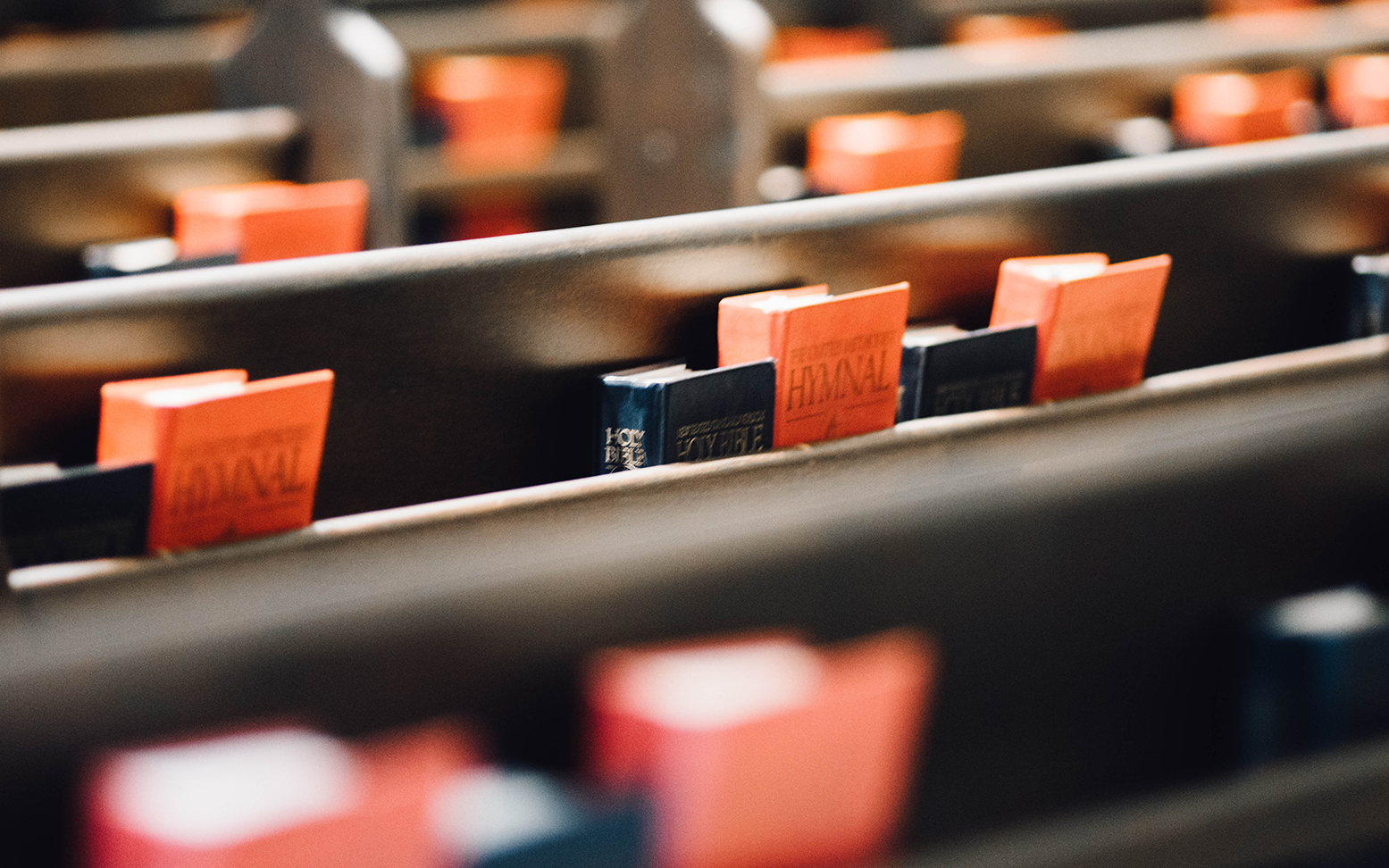There are many good, and even some great, Christian songs being written and produced today. It is easy to get so caught up in the latest releases we forget the rich history modern worship music draws from. Below is part of a series looking back at historic hymns that drew much more than just the voice of the worshipper to heaven. It also directed the worshipper’s heart, mind, and soul to the reality of our holy, infinite, righteous Father.
In my opinion, “Not What My Hands Have Done” is one of the greatest hymns ever sung. When I read it, I wonder why we ever committed the travesty of allowing it to get lost in the shadowy corners of old church music. Written by Horatius Bonar, the hymn is five verses of pure, exultant, saving faith—rocketing the hearts and minds of attentive worshippers to greater heights of love and adoration.
Not what my hands have done can save my guilty soul;
Not what my toiling flesh has borne can make my spirit whole.
Not what I feel or do can give me peace with God;
Not all my prayers and sighs and tears can bear my awful load.
Verse one lays out a simple truth that is difficult for unbelievers and a source of rest for those who have experienced salvation through Christ: a sinner cannot save him or herself. Nothing we have done counts for salvation. Our experiences and hard times do not pay off the tiniest amount of our sin debt. Our emotions, whether positive or negative, are useless. Our actions and good works are counted as nothing and trash. Our prayers and tears can’t save us at all. There is nothing in us that can help us. We are empty. We have nothing to offer God. To the unbeliever, this is unthinkable. But to the Christian, there is immense rest here. To be empty before God is to be wholly reliant on the One who can save.
Your voice alone, O Lord, can speak to me of grace;
Your power alone, O Son of God, can all my sin erase.
No other work but Yours, no other blood will do;
No strength but that which is divine can bear me safely through.
Verse two is simply incredible. With all the voices around us that supposedly offer easier ways to heaven, more prosperity, and counterfeit gods that make us feel better about ourselves, we must hold to this truth: only the voice of God has the right to speak to us about our souls. Grace is only found in His promises. We cannot look for it anywhere else. Christ is the only person who can rescue us from our sins. We must plant our flag on His sacrifice; no other blood will do. We must have Him! Nothing else will save us.
Thy work alone, O Christ, can ease this weight of sin;
Thy blood alone, O Lamb of God, can give me peace within.
Thy love to me, O God, not mine, O Lord, to Thee,
Can rid me of this dark unrest, and set my spirit free.
Verse three reminds us our love to God is not enough to give us the peace we need. We know from sad experience that we do not love God the way He deserves to be loved. One moment we may be burning in worship and in the next falling for the slightest temptation. We are the definition of fickle and unstable. But the work and blood of Christ cannot fail. We look to the love God has shown to us for salvation; not our shifting love for Him.
I bless the Christ of God; I rest on love divine;
And with unfaltering lip and heart I call this Savior mine.
His cross dispels each doubt; I bury in His tomb
Each thought of unbelief and fear, each lingering shade of gloom.
Verse four reaches out in the light of the truths that have been stated before and takes a firm hold on Christ. Because He has provided all that is necessary for our salvation, because He has done all the work, nothing lacking, we reach out and grasp Him with all our might. If there is any doubt of His love for us, we take one glance at the cross and the doubt dissolves. We take all our unbelief and fear and spiritual depression and stuff it in the dark interior of the empty garden tomb. Sin, self, and Satan have no claim on us.
I praise the God of grace; I trust His truth and might;
He calls me His, I call Him mine: My God, my joy and light.
’Tis He Who saveth me, and freely pardon gives;
I love because He loveth me, I live because He lives.
Verse five is fueled by all that was sung before, and launches into the heights of praise. Here is a glorious picture of the relationship between God and the Christian: He calls me His, I call Him mine. I love because He loveth me; I live because He lives. Does anything further need to be said?






